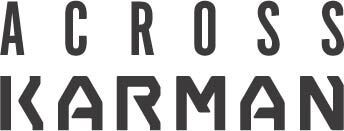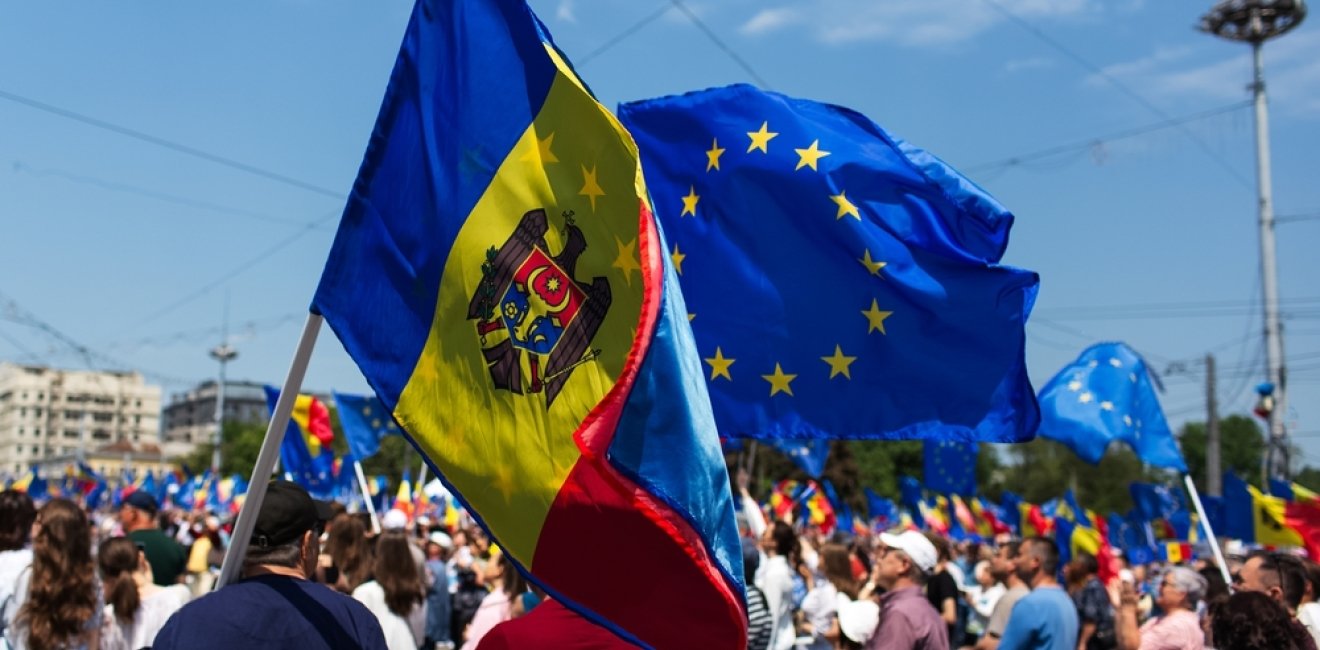Moldova’s referendum on its future in the EU was a nail-biter until the very last moment. On election night, president Maia Sandu held an emergency press conference stating the country’s democracy faced an “unprecedented assault by foreign forces.” In the end, the overwhelming support from the diaspora votes managed to turn the result to 50.39% in favor—a relief for the pro-EU camp. However, as European leaders congratulate Moldova on its resolve against Russian propaganda, such a thin margin is a weak endorsement of the current government’s vision. What does this mean for Moldova’s European future?
Moldova applied for EU membership together with Ukraine in February 2022. Four months later, it was granted candidate status. Since then, there has been steady progress in its accession path, with the country opening formal accession negotiations in June 2024. For a country that has been severely impacted by the Russian invasion of Ukraine, joining the EU has become the raison d’être during Sandu’s presidency. Sunday’s referendum was part of this strategy—to enshrine the goal of EU membership into Moldova’s constitution.
As European leaders congratulate Moldova on its resolve against Russian propaganda, such a thin margin is a weak endorsement of the current government’s vision.
Ahead of the elections, polling showed support of over 60% for the government’s proposal. But while Moldova’s accession progress has been celebrated by Brussels and domestic political elites, the pro-EU vote was carried primarily by Moldovans living abroad. According to the Moldovan Central Electoral Commission, domestic support for the referendum proposal was low (only around 45%, with the rest opposing it), with the breakaway regions of Transnistria and Gagauzia being the most resistant. On the other hand, almost 77% of Moldovans living abroad voted in favor of EU membership, many of them already benefiting from living and working in the EU. The size of this group, collectively making up around 15% of the electorate, was enough to tip the scales–while also showing the wide disparity in views between Moldovans living at home and abroad.
The razor-thin final margin poses urgent questions about Russia’s ability to influence public opinion and voting behavior. Moldova’s media space has long been dominated by pro-Russian narratives, but the overtness of influence operations reached new heights when Moldovan police uncovered a vote-buying scheme in which pro-Kremlin forces bribed 130,000 people to vote against EU membership and for pro-Russian presidential candidates. Last year, Russian foreign Minister Sergey Lavrov even issued direct threats, saying that Moldova would become the "next Ukraine" if it continues down its path of western integration. It is difficult to estimate how much these actions influenced the final results, but they likely played a significant role in the wide discrepancy between polling and the actual vote tallies. It also points towards a clear capability and willingness by Russia to use its influence toolkit to directly interfere in foreign elections. Though efforts to flip the results fell short this time around, the threat should not be underestimated going forward.
While the nuances behind the vote against EU membership are still unclear, it nevertheless demonstrates that Moldova’s European path cannot be taken for granted. Since the country applied for EU membership, polling has shown steady support for European integration across Moldovan society (63-64%). This has instilled confidence in EU officials about the appeal of EU membership compared to closer ties with Russia. However, Moldova’s path to EU membership depends not only on reforms and the efforts of its political elites, but also on public support. Evidently, a significant number of Moldovans seem either susceptible to Russian anti-EU narratives, or do not really see Moldova’s future as closely aligned with the West. This is something EU leaders need to recognize, instead of blaming the narrow margin solely on Russian meddling.
The EU needs to be prepared to manage expectations, and be transparent about the challenges and demands of the merit-based EU accession process.
The final result is nevertheless a positive signal for Moldova’s future in the EU, safeguarding this strategic objective against future political changes. What lies ahead are the second round of Presidential elections, as well as next year’s Parliamentary elections. Both are consequential for Moldova's future European path, and both are under threat from Russian hybrid activities. It is not inconceivable that a coalition more critical toward European integration could take power after June 2025, potentially bringing the process to a halt. If that does happen, the EU needs to be prepared to manage expectations, and be transparent about the challenges and demands of the merit-based EU accession process.
Going further, the EU must better account for the threats and obstacles posed by Russia in Moldova. Much has been discussed about Russian threat perception of NATO expansion, but the results in Moldova show that EU enlargement is also a thorn in Russia’s side. In the coming months, strengthening Moldova’s resilience against foreign interference should be a priority–something both the EU and the US can play a role in improving. In the long term, Moldova must also address its deep-rooted economic and structural problems: despite seeking closer ties with the EU, President Sandu and her Party of Action and Solidarity-led government has failed to significantly improve the economic situation or tackle institutional corruption. Proactively addressing these challenges will be crucial to maintaining support for European integration amidst external Russian pressures and fulfill the strategic objectives of integrating Moldova and the region more broadly into the EU.
Authors



Global Europe Program
The Global Europe Program is focused on Europe’s capabilities, and how it engages on critical global issues. We investigate European approaches to critical global issues. We examine Europe’s relations with Russia and Eurasia, China and the Indo-Pacific, the Middle East and Africa. Our initiatives include “Ukraine in Europe”—an examination of what it will take to make Ukraine’s European future a reality. But we also examine the role of NATO, the European Union and the OSCE, Europe’s energy security, transatlantic trade disputes, and challenges to democracy. The Global Europe Program’s staff, scholars-in-residence, and Global Fellows participate in seminars, policy study groups, and international conferences to provide analytical recommendations to policy makers and the media. Read more

Explore More
Browse Insights & Analysis
Greenland’s New Governing Coalition Signals Consensus

Myanmar’s Junta and the 2026 Elections: A Fig Leaf for Legitimacy?




